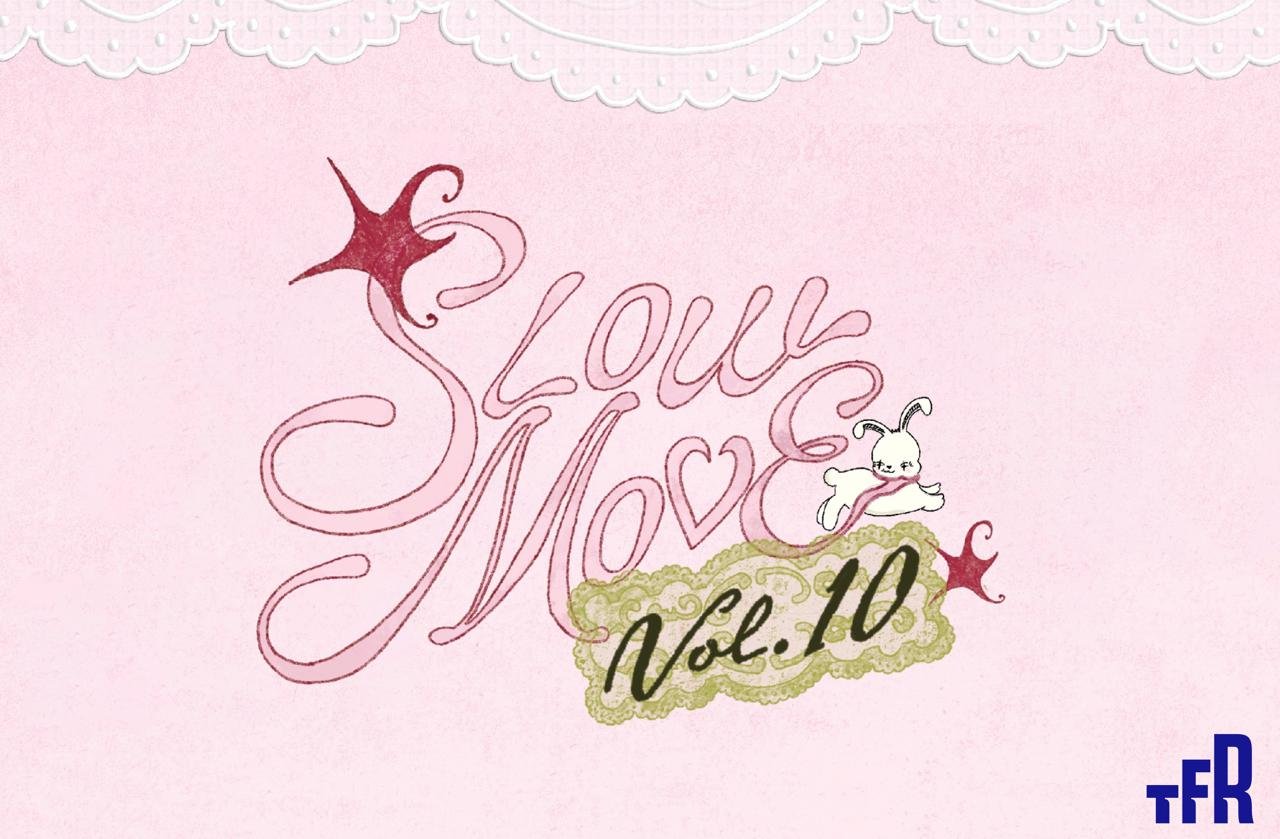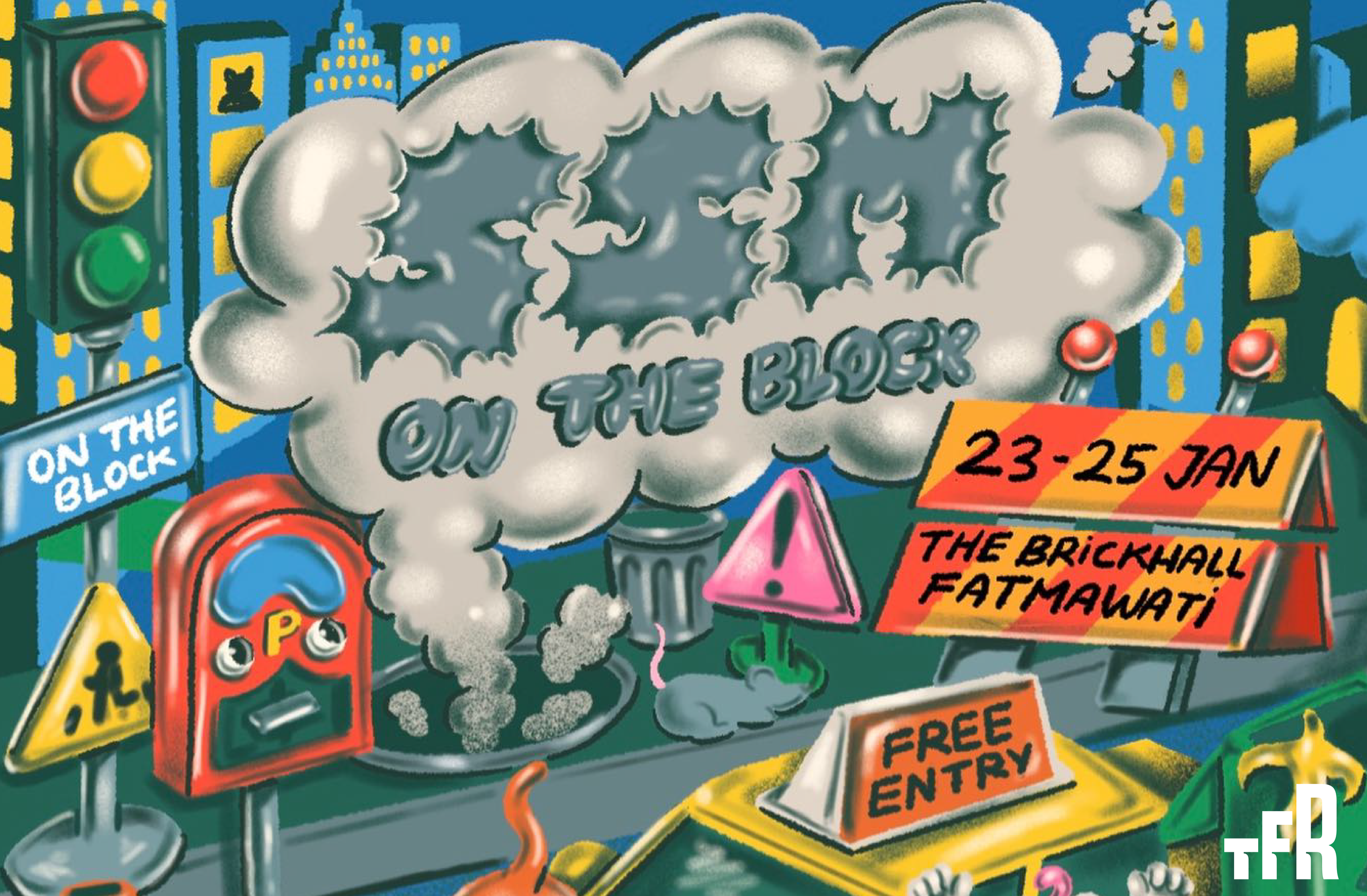Harmony behind the scenes: The quest for welfare in the film industry
Written by Hani Fauzia Ramadhani | Read in Indonesian
Ahmad Hasan Yuniardi, known as Maddun, had often heard rumours about the film industry's far-from-glamorous intricacies since his college days. When he started diving into the film industry in 2012, he frequently witnessed his colleagues experiencing exactly what TFR discussed in the article "Behind the silver screen: The struggle of film workers towards prosperity”.
"Many of my friends who took on film shooting jobs ended up in the hospital. It was all because of the unhealthy working hours; in a day, they could work up to 20 hours of shooting. And with the very low wages, many try to make ends meet by taking on multiple jobs, causing overwork. Not to mention the safety issues in the field that are often overlooked. With such 'work' conditions, you can imagine what kind of 'life' film workers in Indonesia have?" said Maddun.
From 2012 until now, Maddun, who is also the editor of “Budi Pekerti”, still sees many aspects that need to be collectively fixed by film industry players, but it is undeniable that there has been progress that also needs to be appreciated. He mentioned the positive impact of having film profession associations, as TFR touched upon in “The elusive gate to the film industry“.
"The hope is that after all these professional associations collectively voice concerns about work health and safety, a mutual understanding can be created from upstream to downstream on how to build a better film ecosystem together," he said.
The long road to overhauling the film industry
Like Maddun, Rhea (not her real name) had long heard about the less-than-ideal working conditions in the Indonesian film industry before diving into it. "My father was also involved in the film industry and he actually didn't recommend me following in his footsteps. But here I am now!" said Rhea with a laugh. She did not entirely follow in her father's path though, as Rhea ventured into the film industry in Canada, not Indonesia.
Over ten years ago, Rhea moved to Canada to pursue a bachelor's degree in film production in Vancouver. She is currently working at a local production house. Rhea believes that the presence of professional associations greatly impacts the health and safety levels of film industry workers. "Over here, there are many associations, one of which is called the Directors Guild of Canada. Basically, it's a labour union for various professions in film and television. This union has been around since the 60s and has been greatly impactful in forming collective agreements about working hours, overtime rules, and providing some sort of protection to ensure fair working conditions," she explained.
Although generally better than Indonesia, Rhea outlined that the real life scenarios are not always roses and rainbows. The dynamics of each film production are not exactly the same, influenced by scale, duration, budget and many other factors. "Plus, the human resources factor. When working with people from different backgrounds, it's impossible for everyone to have the same view on everything. Canada is a country with very high diversity as there are many immigrants like me. Many might bring work habits and cultures from their home countries. In terms of age, it's also quite diverse, so there are differences too that often cause a challenge."
Issues of welfare, work safety and work-life balance cannot be entirely blamed on the industry players. "There are other things like labour laws, cultural values and the social welfare system in a country that play a role in shaping its film industry. So, indeed, it's a long journey to rectify the conditions of any industry," Rhea stated.
This aligns with what Maddun mentioned during a discussion with TFR; that the Indonesian film industry is still relatively 'young' and thus the road to improvement is still long. "The film industry in Indonesia is indeed newly developed, so there are still many trials and errors in its practice. Our film industry only skyrocketed in terms of the number of national film productions and audience numbers post-reformation, in 1999. So there are many things that need to be continuously improved to create a healthy industry climate.”
The push for change is not just in Indonesia
Globally, awareness about work-life balance has increased in the last decade. The COVID-19 pandemic became a momentum for many people who finally realised that excessive work and inadequate wages leading to burnout should not be normalised. Justine Nagan, who left her leadership position at American Documentary, Inc. in 2021, explained in an interview with Filmmaker Magazine that film industry players have been trapped in systemic inequality for too long.
After being 'forced' by circumstances to distance themselves from work during the pandemic and refocus on health, family, friendships, hobbies and more, people realised that there are things more important than just climbing on the career ladder. They realised that they deserve a better quality of life, including when it comes to work. "Now many of us are thinking critically about the work we do and how we do it, and trying to make changes for ourselves and the community," said Justine Nagan.
The push for better working conditions takes many forms. Some followed the wave of the Great Resignation and completely switched to another profession as a form of protest, while others engaged in strikes or organised rallies until their demands were met, as done by Hollywood workers some time ago.
The actors' union SAG-AFTRA and the Writers Guild of America demanded better working conditions through their strike. Some highlighted issues include demands for fair wages and benefits, contract duration and intellectual property rights that often exploit workers, welfare and working conditions that could be better, as well as inclusion issues where film workers demand prioritisation of equality and representation.
This strike is not the first to occur in Hollywood. This time, the strike, which lasted for months, finally bore fruit. An agreement was reached between workers and the studio, after tough negotiations and widespread campaigning. This proves the power of collective action organised through labour unions. However, how this agreement is applied and how great its impact on work welfare in Hollywood are yet to be proven.
Now, with various professional associations and labour unions in the Indonesian film industry, is it possible for a similar movement to occur and push for better change? According to Maddun, it's very possible. "But I hope it doesn't come to that. I hope the Indonesian film industry can continue to learn, develop and get better every day," he said.



















